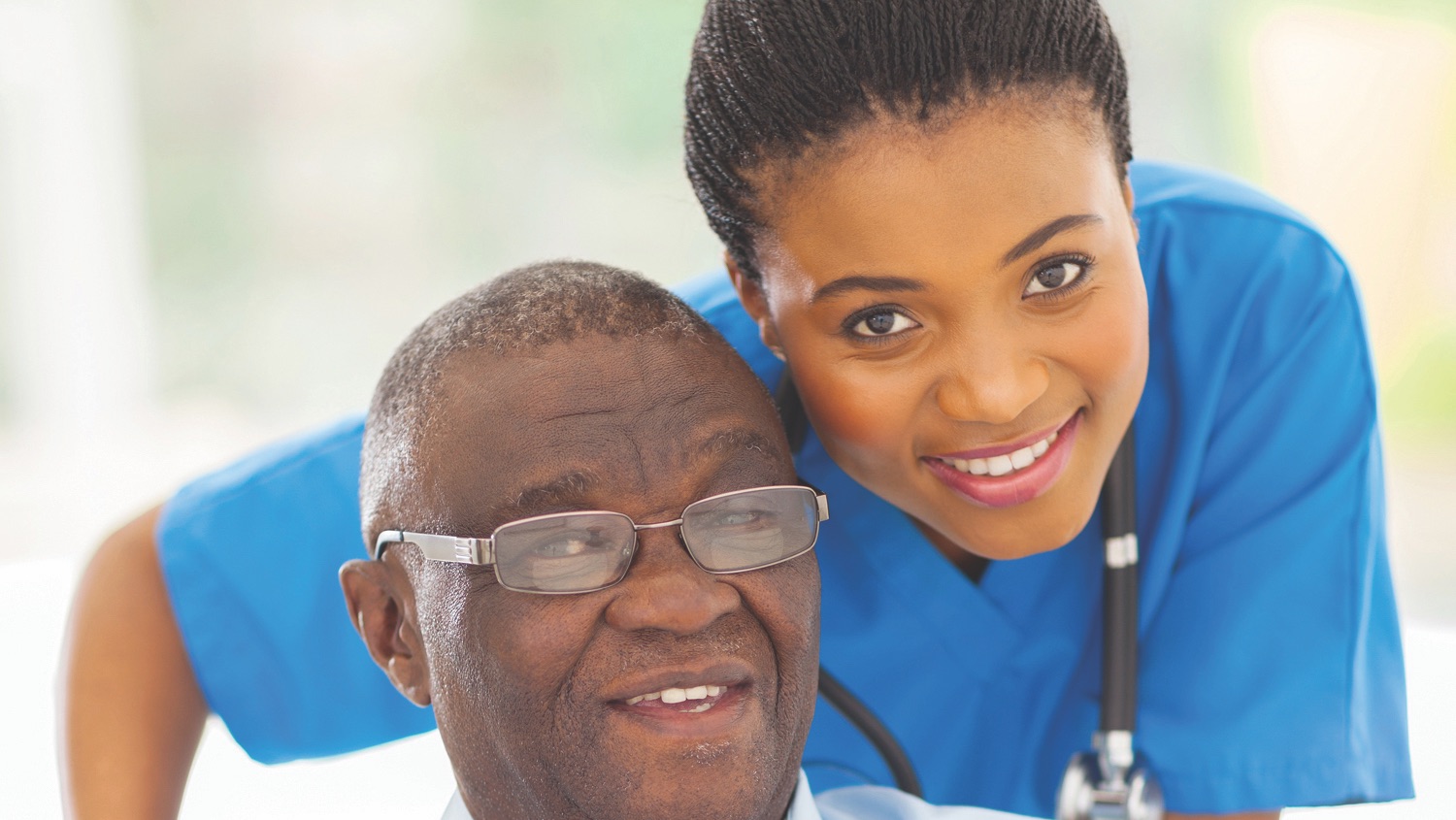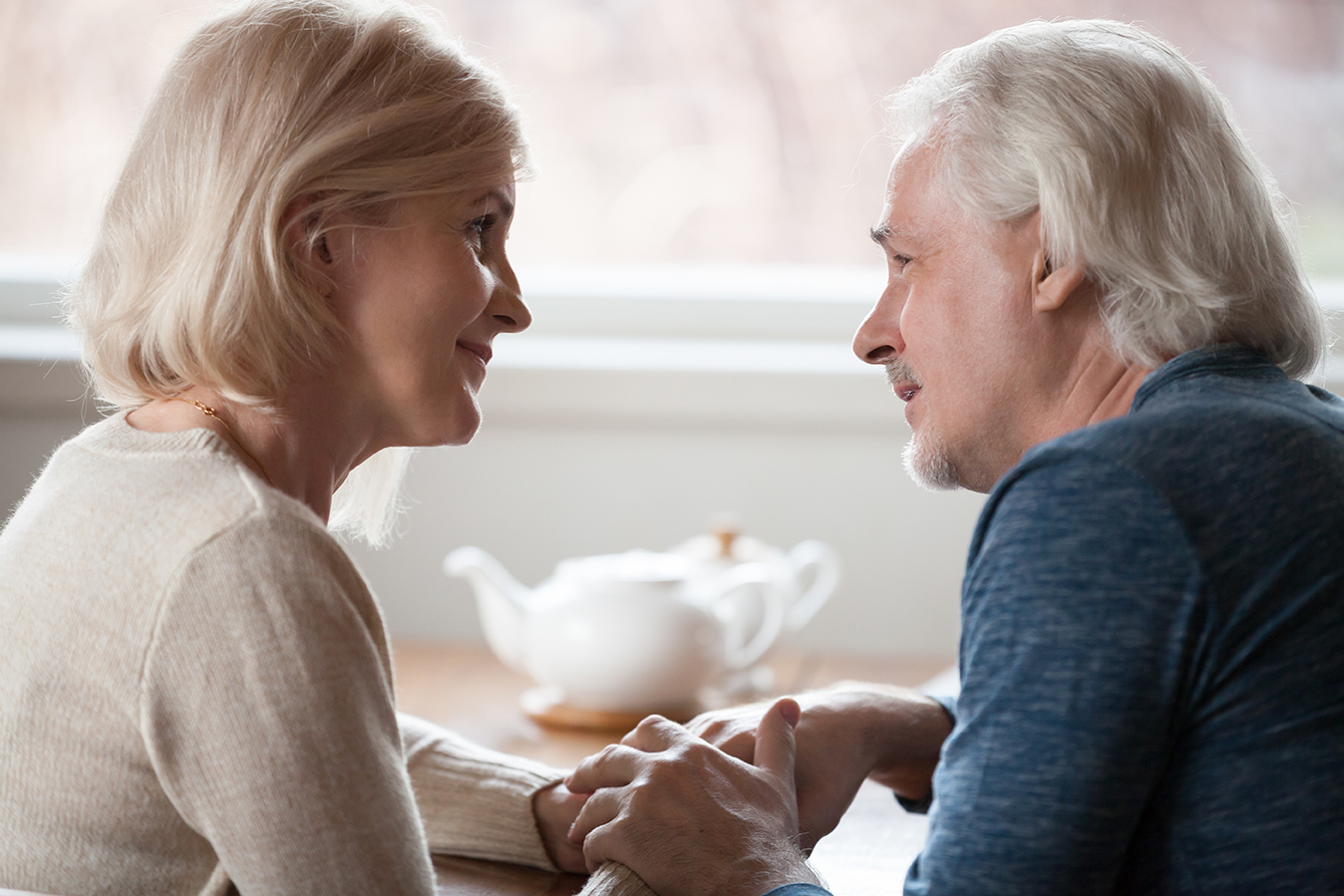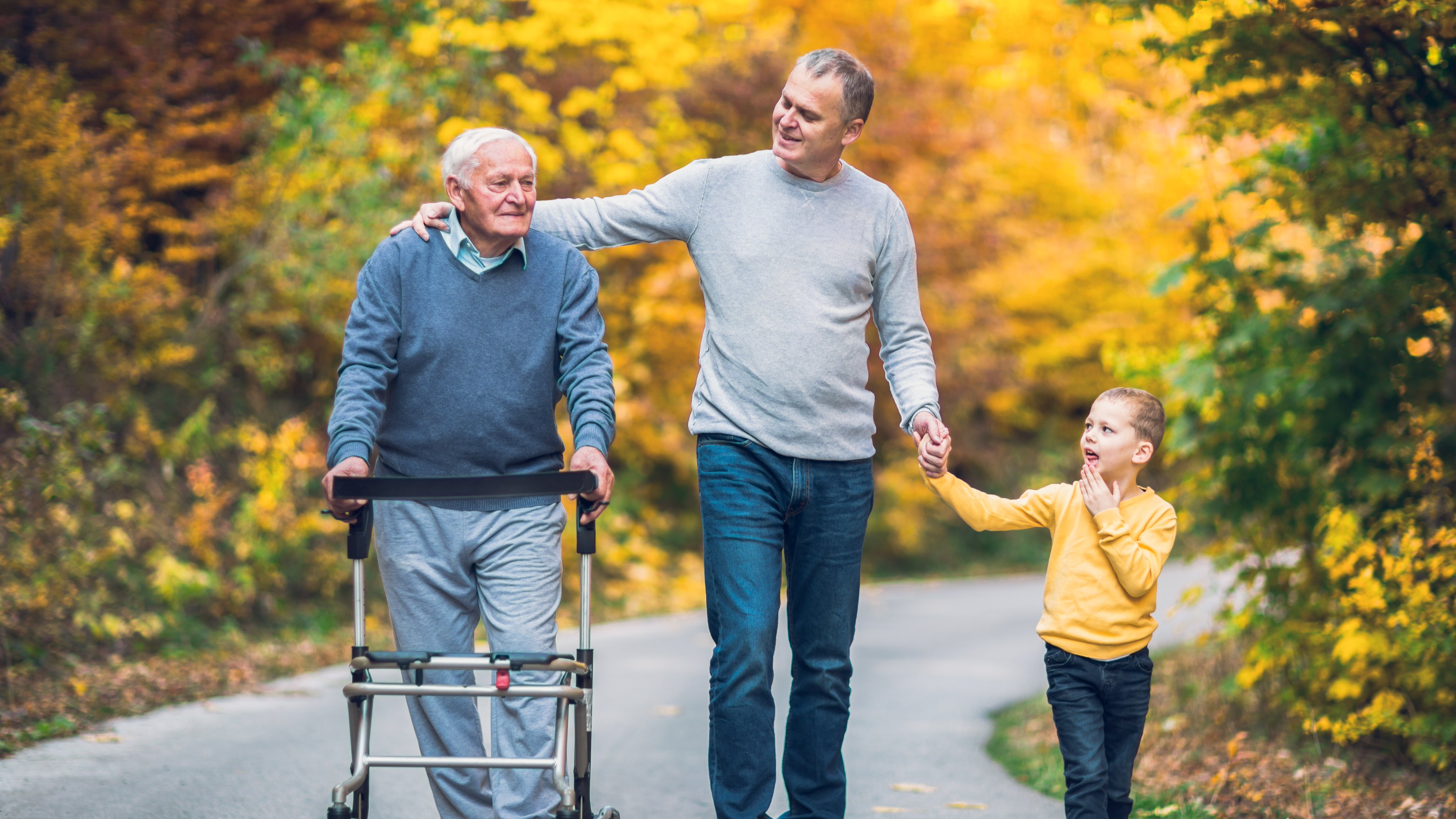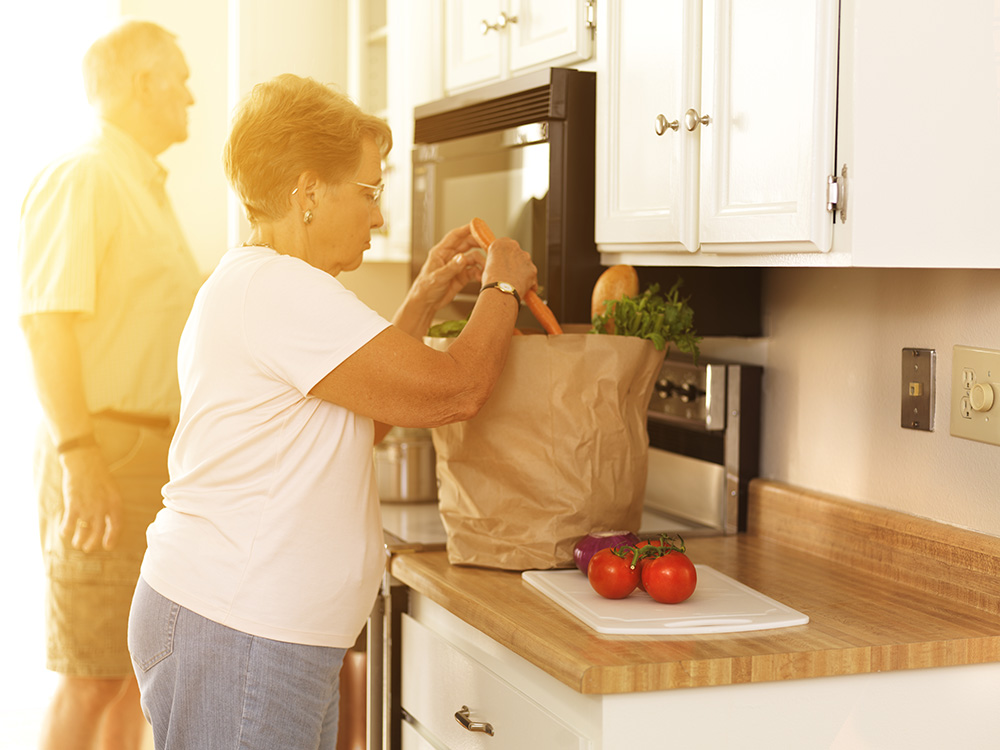Resources
Mobile Resource Library Tabs
Filters
Search
Categories Navigation
Asset Publisher
Content with Type Article .
Resources

What to Do if Your Loved One is Resistant to Home Health Care
"I don't want anyone in my home"- How many of us have heard our older loved ones say something similar to this to justify why they refuse additional support – even when they know how much they could use it? Currently, it is easy to use COVID as an excuse not to bring outside people into the home. But what happens when we are all vaccinated, or the needs of our loved ones are greater than the family can handle alone?
Read MoreBy Lauri Scharf | 05/17/2021

Tips for Better Communication with a Loved One with Dementia
As caregivers, we may find ourselves struggling to communicate with a loved one in the way we used to. It may be difficult to understand what a loved one is trying to say, and in the busyness of everyday life, we may find ourselves growing frustrated and impatient. However, these kinds of feelings may in turn affect a loved one, leading to a communication breakdown and potential relationship strain. To avoid this, it’s important to foster good listening skills, patience and respect.
Read MoreBy Julie Hayes | 04/15/2021

Self-Identifying as a Caregiver: How the Truth May Actually Set You Free!
Are you a caregiver to a loved one? It’s surprising how many of us are quick to answer “no” to that question. Sure, we help a loved one out a few times a week, take them to appointments and do their shopping. But for some reason, the majority of people acting in a caregiver role are hesitant to consider themselves “caregivers.” In fact, according to an AARP Caregiver Identification study, only about 19 percent of caregivers in the country are willing to identify themselves as such.
Read MoreBy Michelle Palmer | 04/15/2021

3 Common Causes of Caregiver Guilt, and How to Manage Them
The concept of “caregiver guilt” is an odd one. Providing care for a loved one with a long-term health condition is a wonderful, selfless act, and caregivers undoubtedly devote considerable time and energy to provide the physical, mental and emotional support their loved one requires. And yet, the majority of caregivers report that they frequently experience feelings of guilt.
Read MoreBy Michelle Palmer | 04/15/2021

Why Being Watchful for Signs of Malnutrition in Older Adults Matters
Malnutrition is most simply defined as a nutritional imbalance that can potentially affect any person, regardless of weight. Chronic health conditions combined with inadequate nutrition can often negatively impact older adults and prevent their bodies from absorbing the nutrients they need for healthy aging. Depression; social isolation; mental health challenges; embarrassment; lack of food; functional changes that limit the ability to shop for, prepare or even eat food; and financial struggles further increase the risk for malnutrition.
Read MoreBy Lisa Weitzman | 04/15/2021
